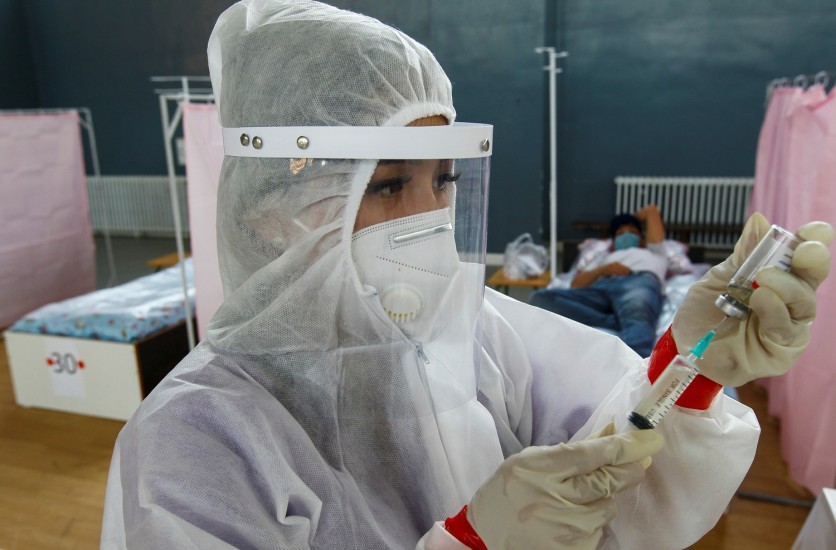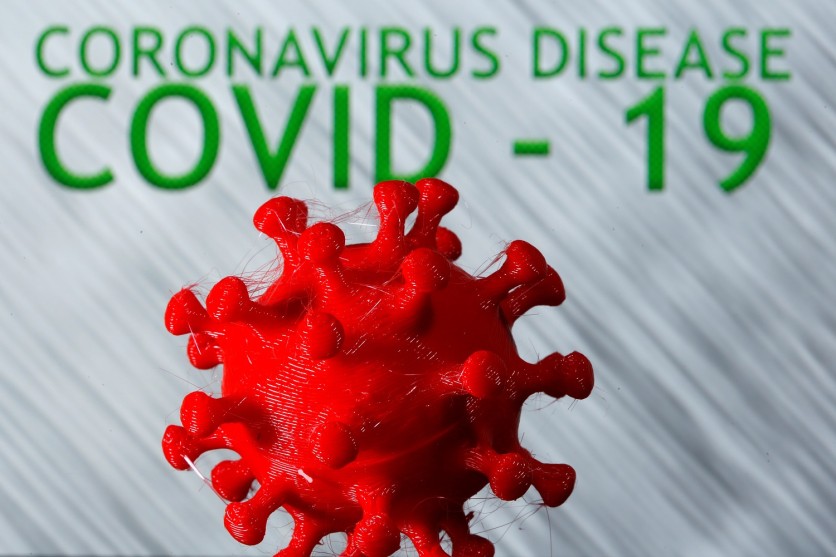Viruses mutate, this is why the flu vaccine needs upgrading every year. However, since there are so many things that remain unknown about the coronavirus, learning that the virus is mutating just adds to our fears.
Scientists debunk the findings published in a prestigious journal Cell that the SARS-CoV-2 mutant strain is more transmissible after it was found in 78% of patients worldwide in July, which is a huge surge from 10% in March.
Columbia University virologist Vincent Racaniello said there is no evidence that the mutated SARS-CoV-2 strain has increased human transmission after the Cell study failed to provide proof. Racaniello added that the study is based on lab experiments that used a pseudovirus and not the actual SARS-CoV-2. To prove mutation has increased transmissibility requires studying how the actual mutant strain behaves inside a human.

Meanwhile, Yale University epidemiologist and virologist Nathan Grubaugh noted that lab and human transmissions have a huge gap. According to Grubaugh, a virus has to pass mucus and immune cells in the airway on its way to the lungs. It will then imitate itself and go back into the air via droplets. While the findings in the Cell study are reasonable, "there are so many other variables."
For one, the Cell study conducted its lab experiments with a pseudovirus, meaning the researchers did not use the real SARS-CoV-2 virus. To show that the mutation increases transmissibility, you would need to observe how the actual mutant behaves in people.
The COVID-19 Genomics UK consortium tracked the G614 mutation among British patients and analyzed more than 30,000 of genomes. The British consortium also found no evidence that G614 is making coronavirus infections more severe or more lethal. According to Imperial College London epidemiologist Erik Volz, G614 mutation can increase the transmission rate between people, but there is less disparity in laboratory findings.
G614 mutation: What we know so far
Cell study researchers, headed by biologist Bette Korber of Los Alamos National Laboratory in New Mexico, cut and pasted the coronavirus's spike protein onto a lentivirus germ.

Research findings suggest that the mutation involving a single change in the "spike" protein could somehow improve the virus's ability to enter human cells and replicate. Korber explains that the "pseudoviruses" are a safe way to work with and compare viral spikes.
The scientists mixed these pseudoviruses with different types of kidney cells in test tubes. These include cells extracted from Vervet monkeys 60 years ago and those taken from humans in 1973. In this lab scenario, researchers found that a mutated spike is more infectious.
This has been easily picked up by the media earlier this month, which led to numerous alarming articles. The fact that the G614 mutation surged in months sounded like the virus has become more contagious.
Despite the seemly worrying findings, Racaniello said there is still no information as to how they could affect humans while Korber recognizes the limitations of their findings.
The G614 mutation was first spotted in China in January, just as the novel coronavirus is spreading across the globe.
Read also: COVID-19 Vaccine: All Participants in Moderna Vaccine Trial Produce Antibodies
ⓒ 2026 TECHTIMES.com All rights reserved. Do not reproduce without permission.




